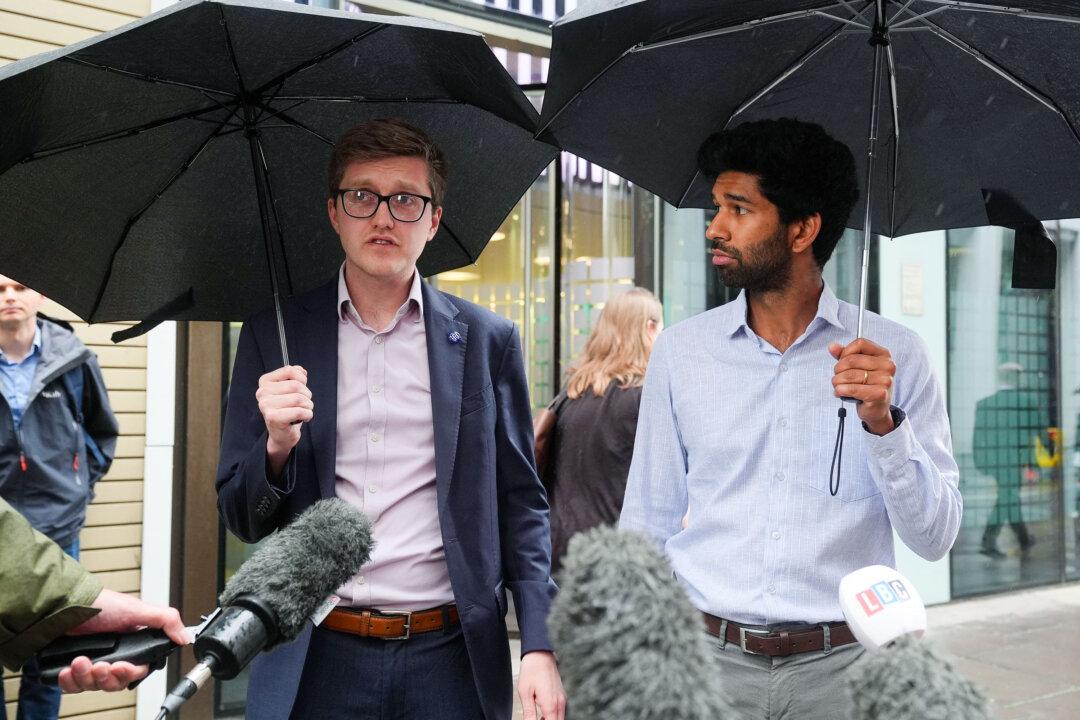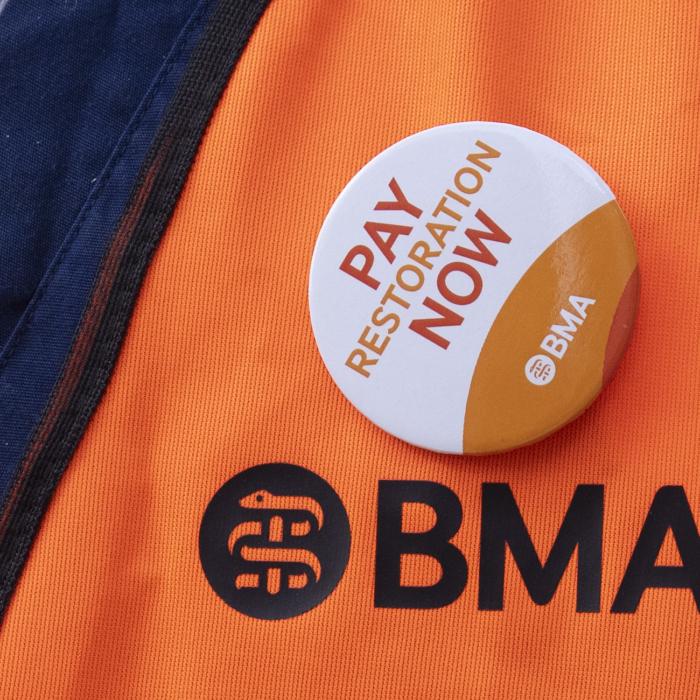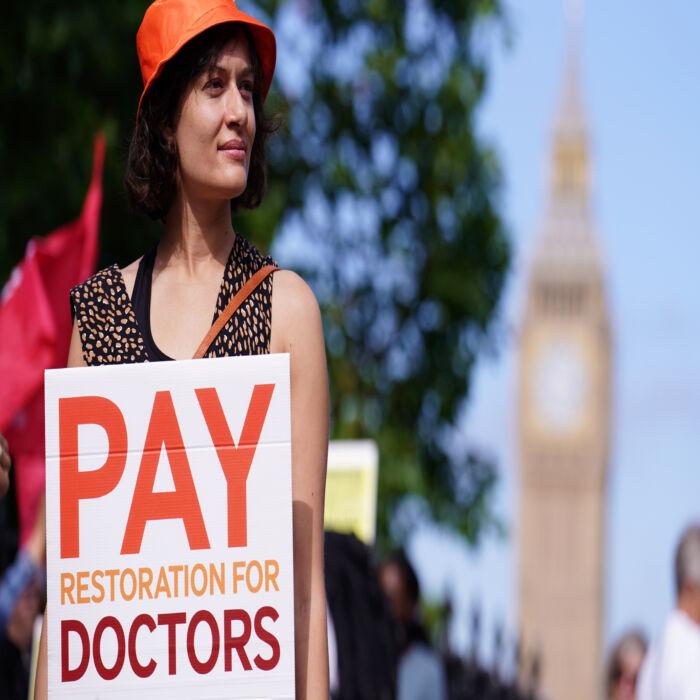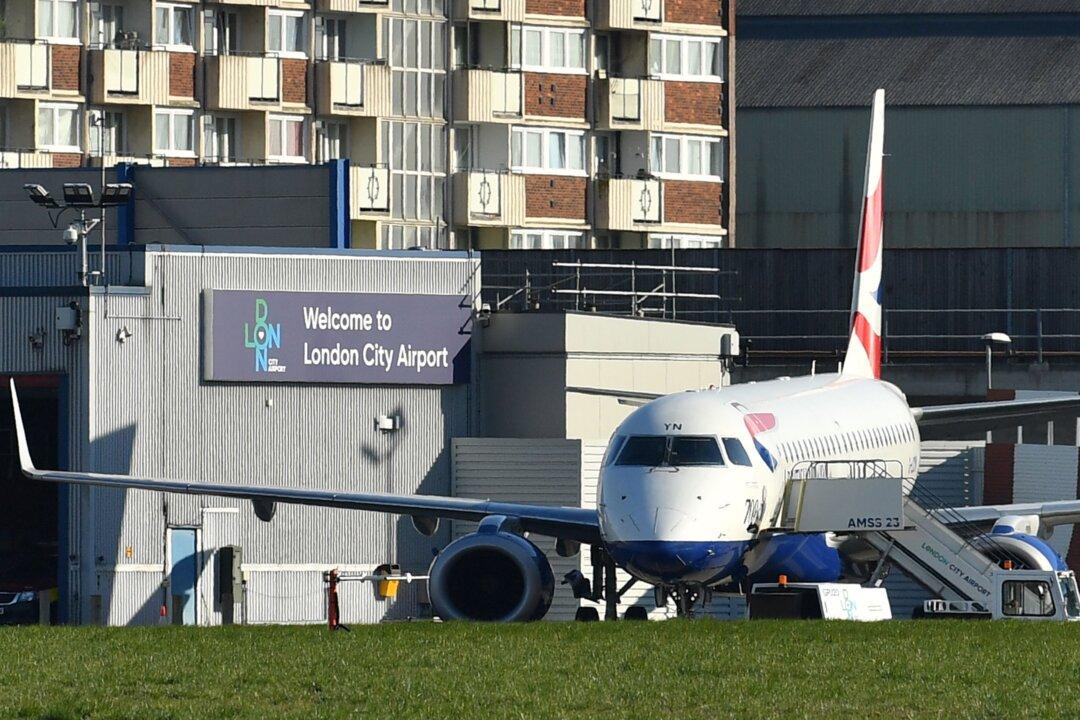Labour’s health and social care secretary, Wes Streeting, said he is “optimistic” that pay disputes between the government and the junior doctors in England can be resolved following a meeting on Tuesday.
The newly appointed health secretary says he is keen “reset” relations with junior doctors from the British Medical Association (BMA) ending a nearly two-year-long row.
Over the past 20 months, junior doctors in England have staged 11 strikes, putting further pressure on the already strained NHS.
Following a second meeting with BMA representatives in a week, Mr. Streeting said both sides had shown a “willingness to negotiate” but he warned that finding an end to the dispute would “not be easy” due to the UK’s challenging economic position.
It comes as Dr. Vivek Trivedi and Dr. Robert Laurenson, co-chairmen of the BMA’s junior doctors committee, hailed a “positive first step” towards ending their long-running dispute over pay.
“We discussed why we thought the previous set of talks went wrong and how the new Government can work with us, so the mistakes of the past are not repeated,” said the BMA.
“This dispute has lasted far too long and has cost the NHS far more than it would have taken to solve from the beginning.”
A determined BMA said that the health secretary should be “under no illusions” about the “consequences” of the government’s delay in finding a solution for pay restorations adding: “From the start we have been very clear about what would end it. A credible offer that begins to restore the real-terms pay that junior doctors have lost since 2008.”
‘It’s Not Going To Be Easy’
Mr. Streeting told The Epoch Times via email that, “Patients, staff, and the NHS have already paid too high a price due to strike action.”“It’s not going to be easy,” he said.
“This government has inherited the worst set of economic circumstances since the Second World War. But both sides have shown willingness to negotiate and we are determined to do the hard work required to find a way through.”
Mr. Streeting said he is “angry about the way the junior doctors are treated in the NHS.”
“Junior doctors are the future of the health service and I want to work with them to turn around our NHS,” he added.
Ongoing Dispute
Junior doctors have been in a dispute with the government over pay restoration, asking for a 35 percent rise to bring pay in line with inflation increases.In May, the government and the BMA entered mediated talks to try and resolve the dispute. But they failed to reach an agreement before parliamentary business was concluded in the run-up to the general election.
Former Health Secretary Victoria Atkins called the decision to stage a strike in the middle of an election campaign “cynical” and said that the government “cannot and should not” accept the demand for a 35 percent pay rise.
In the most recent industrial action, which took place between June 27 and July 2, over 23,000 staff were absent due to strikes.
As a result, 67,034 inpatients and outpatient appointments were rescheduled.
Commenting on the data following the last junior doctor strikes, Professor Sir Stephen Powis, national medical director for the NHS, said, “These figures bring into sharp focus the impact that this latest round of industrial action has had on patients.”
“I am extremely grateful to staff for working incredibly hard to keep patients safe and prioritise care for those who needed it most, when demand for urgent and emergency services has been high.
“Colleagues across the NHS will now be doing everything they can to ensure patients who were due to receive consultations, tests or treatment get appointments rebooked as quickly as possible,” added Sir Stephen.







